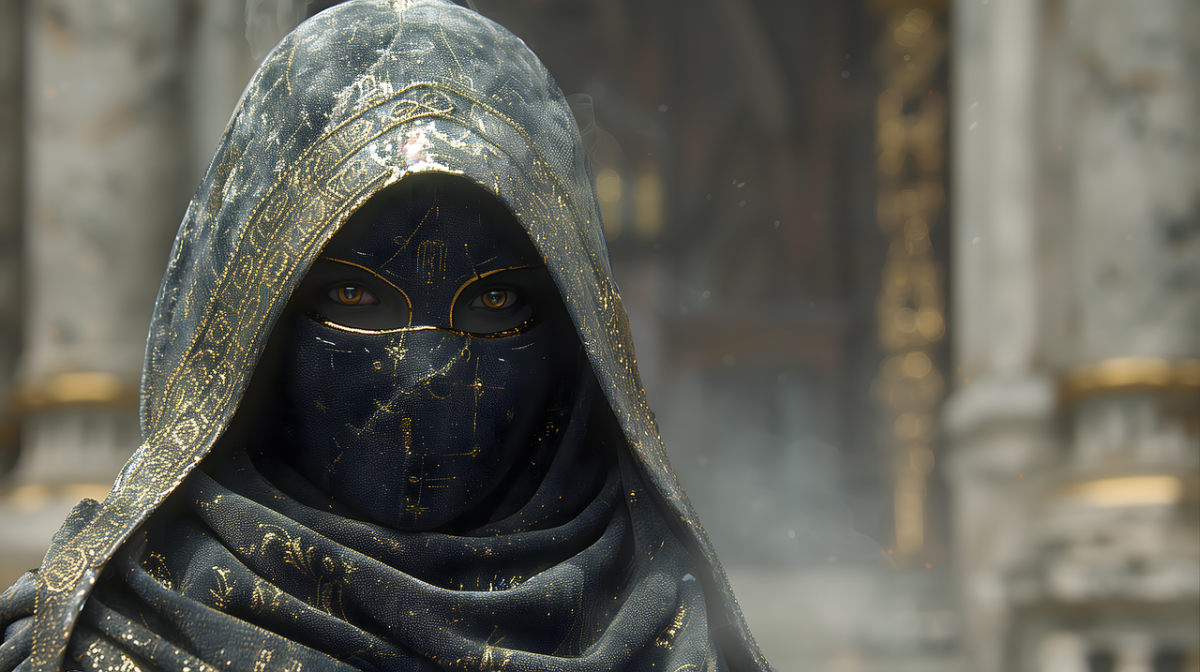Grimdark fantasy, a term that often conjures images of bleak landscapes, morally ambiguous characters, and a pervading sense of cynicism, has carved a distinctive niche within the broader fantasy genre. This essay delves into the roots of grimdark fantasy, explores the factors contributing to its rising popularity, and examines its impact on both literature and its audience.
The origins of grimdark fantasy can be traced back to the works that first dared to subvert traditional fantasy tropes, presenting a world where moral absolutes are questioned and the hero does not always save the day. The term “grimdark” itself is derived from the tagline of the Warhammer 40,000 games: “In the grim darkness of the far future, there is only war.” This phrase encapsulates the essence of grimdark— a genre where the outlook is bleak, and hope is a rare commodity. Notable early influencers include Glen Cook’s “The Black Company” and George R.R. Martin’s “A Song of Ice and Fire,” which set a new standard for complex, morally grey narratives.
The popularity of grimdark fantasy reflects a shift in audience taste, favoring realism and complexity over the more traditional black-and-white morality of earlier fantasies. Readers and viewers today gravitate towards stories that mirror the uncertain, often harsh realities of life, making the genre particularly resonant. This trend is evident in the success of TV adaptations like “Game of Thrones,” which brought grimdark fantasy to a broader audience, showcasing the genre’s appeal beyond just hardcore fantasy readers.
Grimdark fantasy often employs a more sophisticated approach to character development than seen in conventional fantasy. Characters in grimdark settings are deeply flawed, facing difficult choices that often result in unpleasant consequences. This complexity allows for a more nuanced exploration of themes like power, corruption, and survival. For instance, Joe Abercrombie’s “First Law” series presents characters who oscillate between heroism and villainy, challenging readers to reconsider their notions of right and wrong.
Another factor contributing to the rise of grimdark is its willingness to confront uncomfortable truths about human nature and societal structures. By presenting a world where ideals often crumble under the weight of practical and ethical compromises, grimdark fantasy acts as a dark mirror to our world. This introspective quality invites readers to reflect critically on their surroundings and the moral compromises society often accepts.
The impact of grimdark fantasy extends beyond literature, influencing other media and genres. For example, video games like “The Witcher” series, which is based on the books by Andrzej Sapkowski, thrive on a narrative rich in ambiguity and tough moral decisions, characteristics central to grimdark. These games challenge players not just to defeat enemies, but to make choices that have far-reaching consequences, emphasizing that in a grimdark world, there are rarely any purely good options.
Critics of grimdark argue that its pervasive negativity might reinforce a bleak worldview, potentially desensitizing audiences to violence and despair. However, proponents contend that by acknowledging the complexity of human emotions and motivations, grimdark fantasy offers a more honest and cathartic experience. It provides a space to explore the darker aspects of human nature in a controlled, narrative environment.
Looking ahead, the future of grimdark fantasy appears robust. As societal norms and attitudes continue to evolve, so too does the appetite for stories that challenge the status quo and provoke thought. The genre’s influence on mainstream media suggests that its themes resonate with a wide audience, ensuring its place in the cultural landscape for years to come.
In conclusion, the rise of grimdark fantasy marks a significant evolution in the landscape of genre fiction. By challenging the conventional boundaries of right and wrong, and by presenting a world where moral victories are uncertain, grimdark fantasy offers a reflection of the complexity of the modern world. Its continued popularity underscores a broader cultural shift towards embracing narratives that reflect the nuanced realities of human nature and societal complexities. So what do you think of grimdark fantasy? We’d love to hear your thoughts in the comments. Thanks for reading, and keep writing!
C. Wesley Clough

